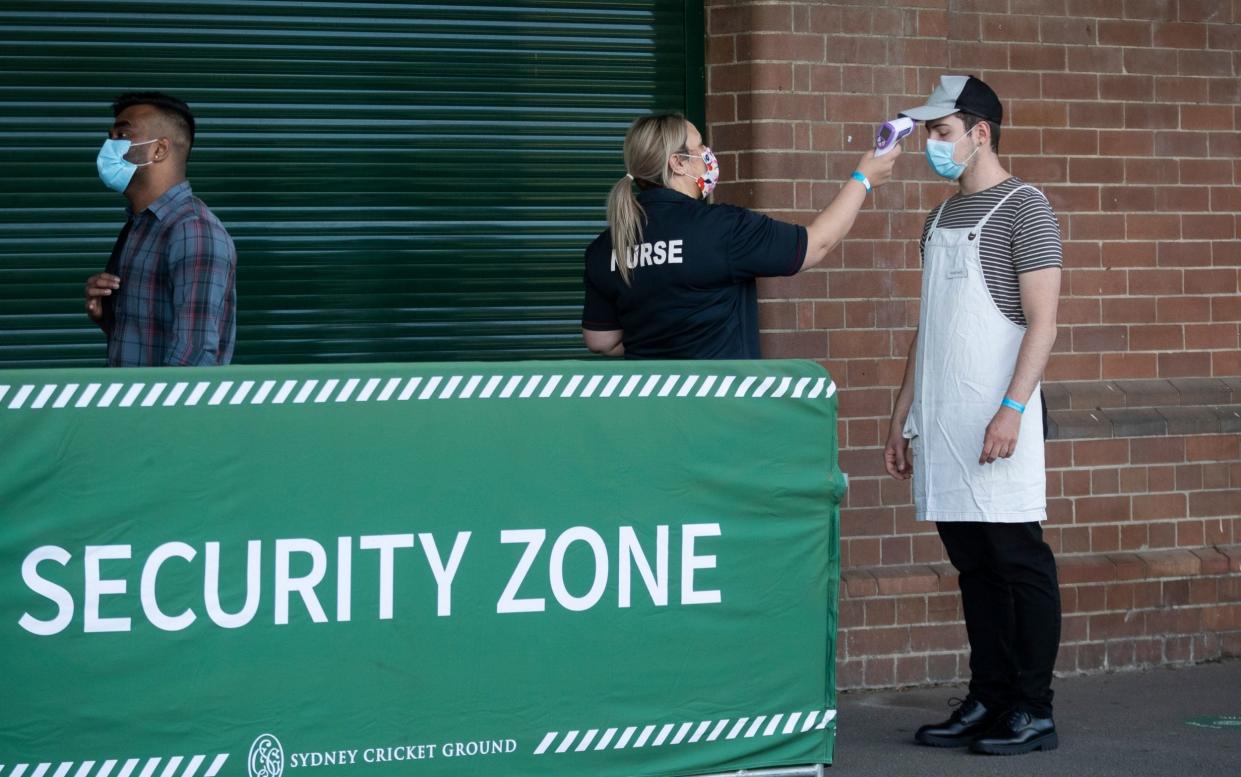Australia unlikely to open borders in 2021 even if most of its population gets vaccinated this year

Australia's international borders are unlikely to open to travellers this year despite the rollout of coronavirus vaccines, a top health official said Monday.
Health department secretary Brendan Murphy, a key adviser in Australia's virus response, said free-flowing travel to and from the country was not expected to resume in 2021.
"I think that we'll go most of this year with still substantial border restrictions," he told public broadcaster ABC.
"Even if we have a lot of the population vaccinated, we don't know whether that will prevent transmission of the virus.
"And it's likely that quarantine will continue for some time."
Australia's border has been largely closed to overseas visitors since March 2020 to stem the spread of Covid-19, with a limited number of citizens and their families allowed to return each week.
Tens of thousands of Australians remain stranded overseas as a result, while returning travellers must pay about Aus$3,000 ($2,300) to quarantine inside a hotel room for 14 days.
The country has secured access to both the Pfizer and Oxford/AstraZeneca vaccines, with the rollout scheduled to begin in late February but still awaiting approval from medical regulators.
The news comes as dozens of tennis stars stuck in hotel quarantine ahead of the Australian Open were told Monday they would get no "special treatment" to leave their rooms to train, despite complaints from some players.
Australian health authorities rejected demands for tough isolation rules to be eased, as players resorted to hitting balls off windows, walls and upturned beds in the hope of being ready for the year's first Grand Slam.
The Australian Open is due to make a delayed start on February 8, but its troubled build-up hit further problems after positive coronavirus cases were detected on three of the 17 charter flights that carried players and staff.


